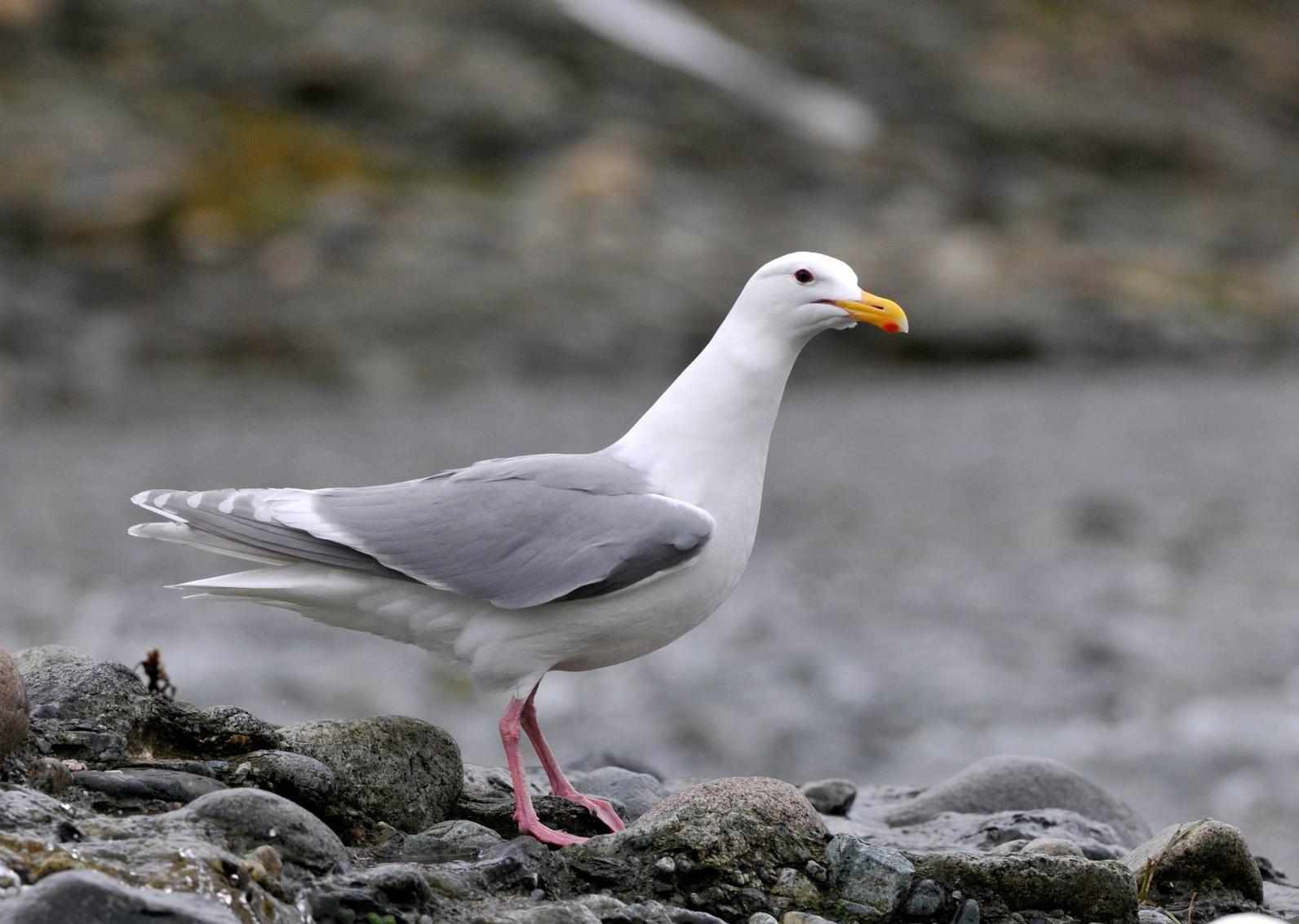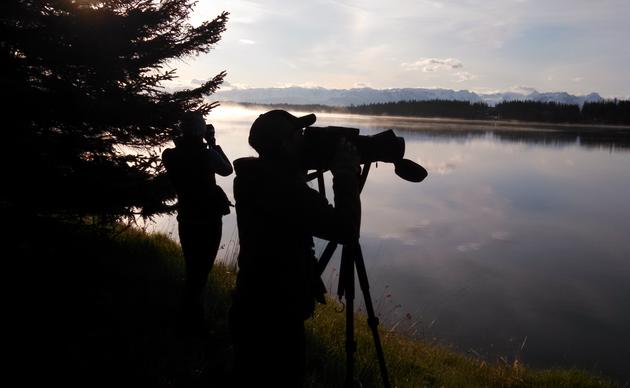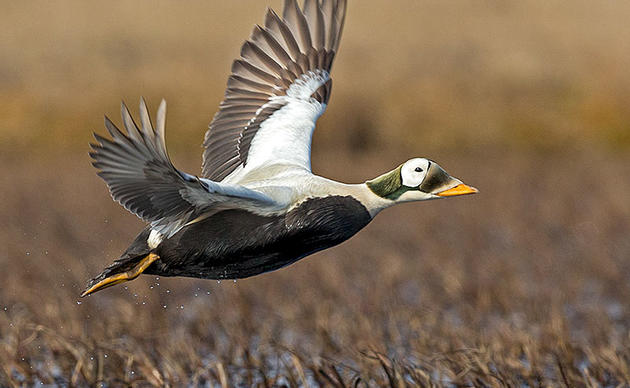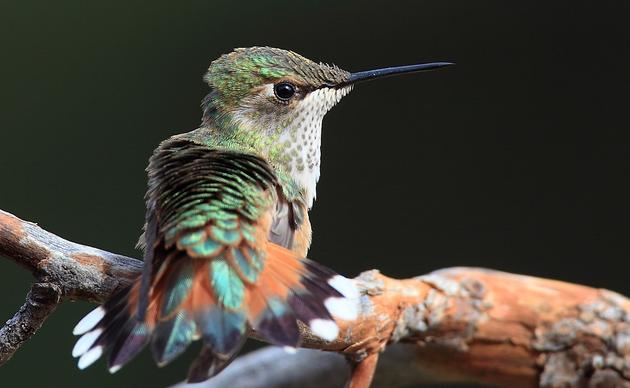Margerie Glacier
In the northernmost portions of Glacier Bay National Park are Tarr Inlet and the Margerie Glacier. This is a massive and active tidewater glacier that is approximately 21 miles long, 1 mile wide at the terminus, and approximately 350 feet tall—including approximately 100 feet below water level.
As the glacier calves, it disturbs small fish and marine animals such as krill, creating feeding opportunities for seabirds. During your trip to Margerie Glacier, you are likely to see Surf Scoter, Pigeon Guillemot, Marbled Murrelet, Kittlitz’s Murrelet, Tufted Puffin, Black-legged Kittiwake, Mew Gull, Glaucous-winged Gull, Arctic Tern, and Pelagic Cormorant, among other species.
Directions:
Margerie Glacier can be accessed either from a tour/charter boat departing from the National Park Visitor Center public dock, cruise ship, or by private vessel with a permit. Experienced kayakers and wilderness campers can also explore the area by sea kayak and some tour companies can be used to arrange kayak transport to more remote portions of the National Park. Check with the National Park Service for authorized tour companies.
To get to the Glacier Bay Visitor Center from downtown Gustavus, head west on Gustavus Road toward Shooting Star Road (0.7 miles). Turn right onto Mountain View Road, and drive 2.8 miles to Park Road. Drive 4.4 miles and follow the signs to the Glacier Bay Visitor Center.

Birding Resources:
- eBird Hotspot: Glacier Bay NP--Tarr Inlet-Margerie Glacier
Species Checklist:
How you can help, right now
Donate to Audubon
Help secure the future for birds at risk from climate change, habitat loss and other threats. Your support will power our science, education, advocacy and on-the-ground conservation efforts.
1% for the Planet
We are proud to be part of the 1% for the Planet network. If you own a business, please consider joining 1% for the Planet to support Audubon Alaska’s conservation efforts.




